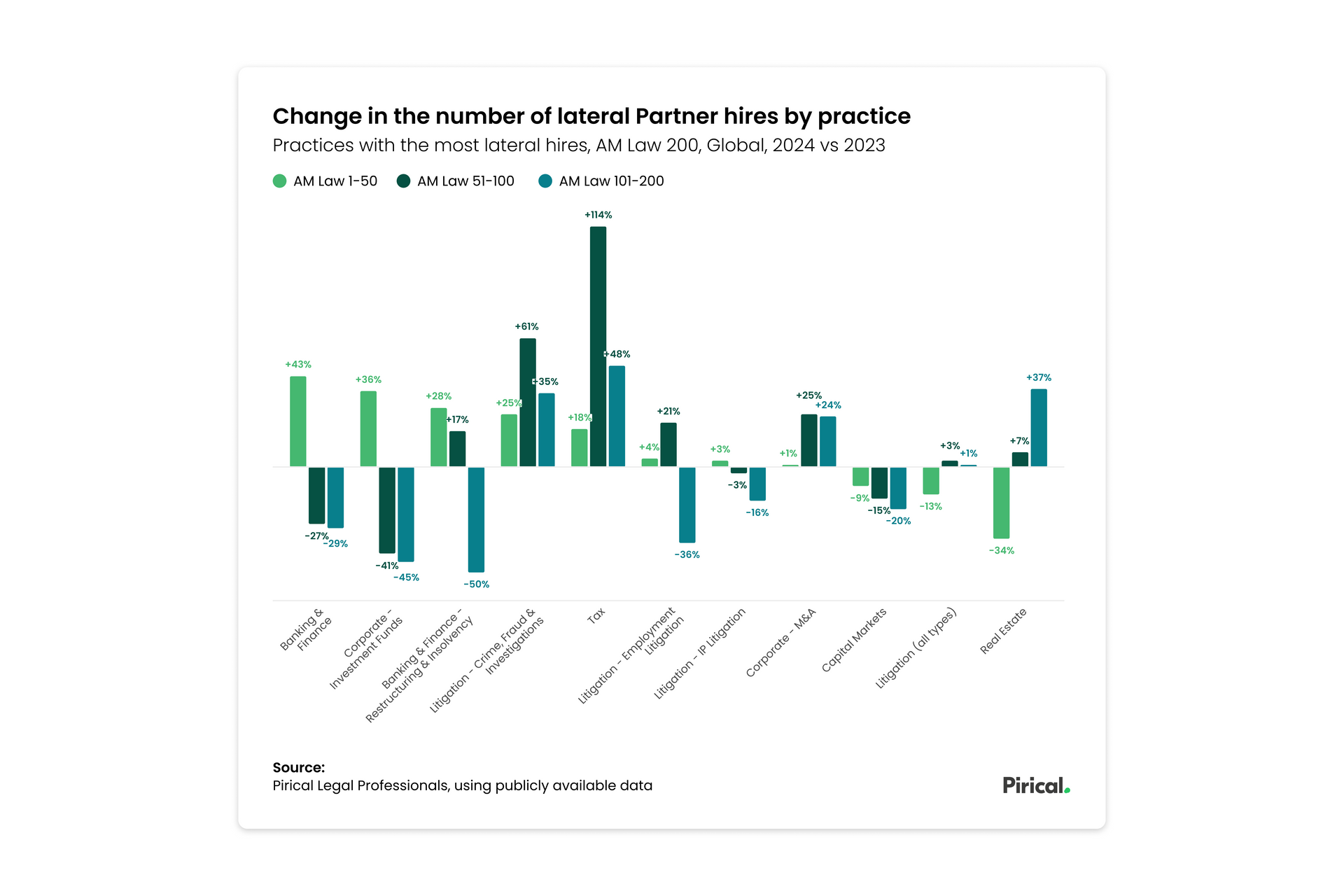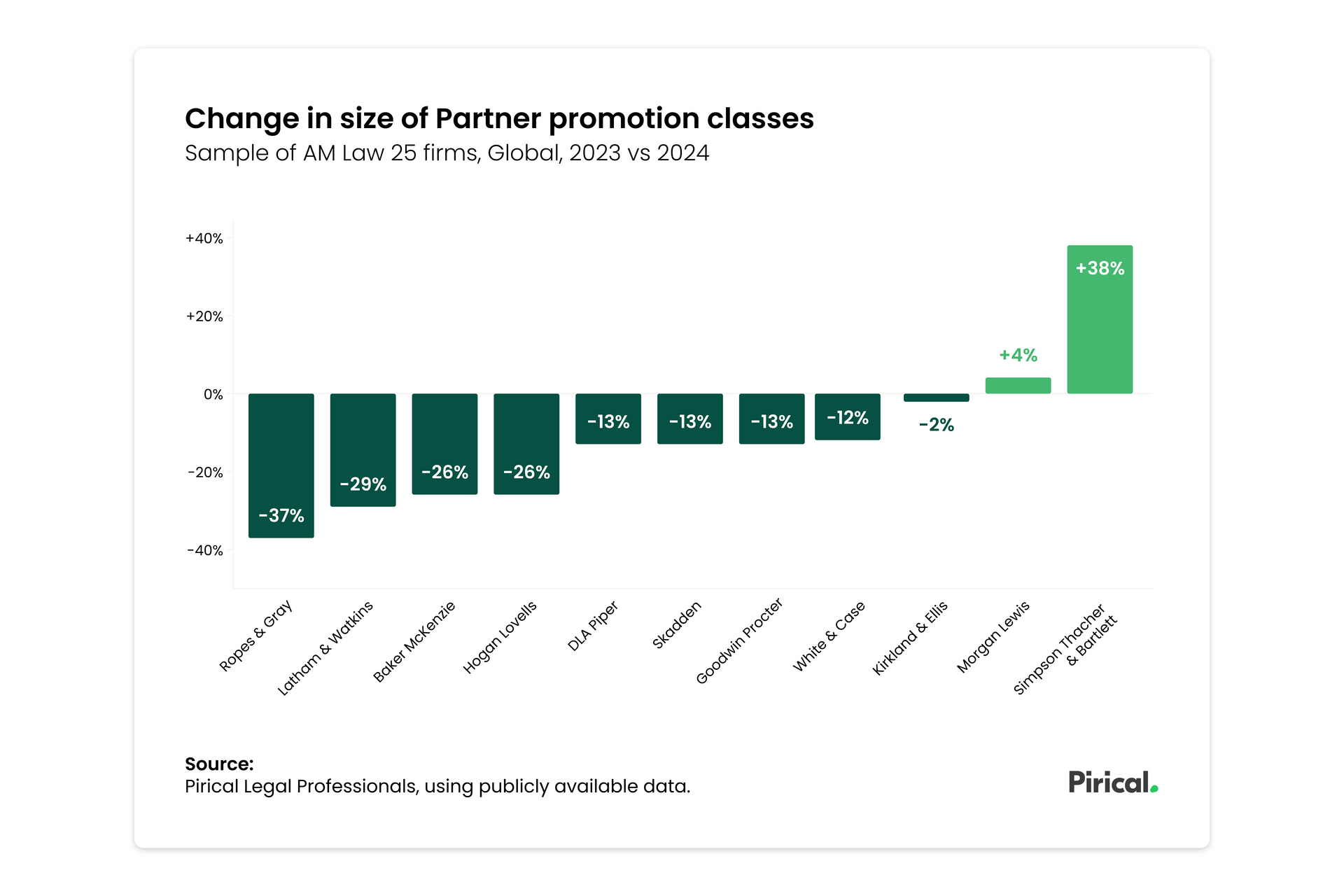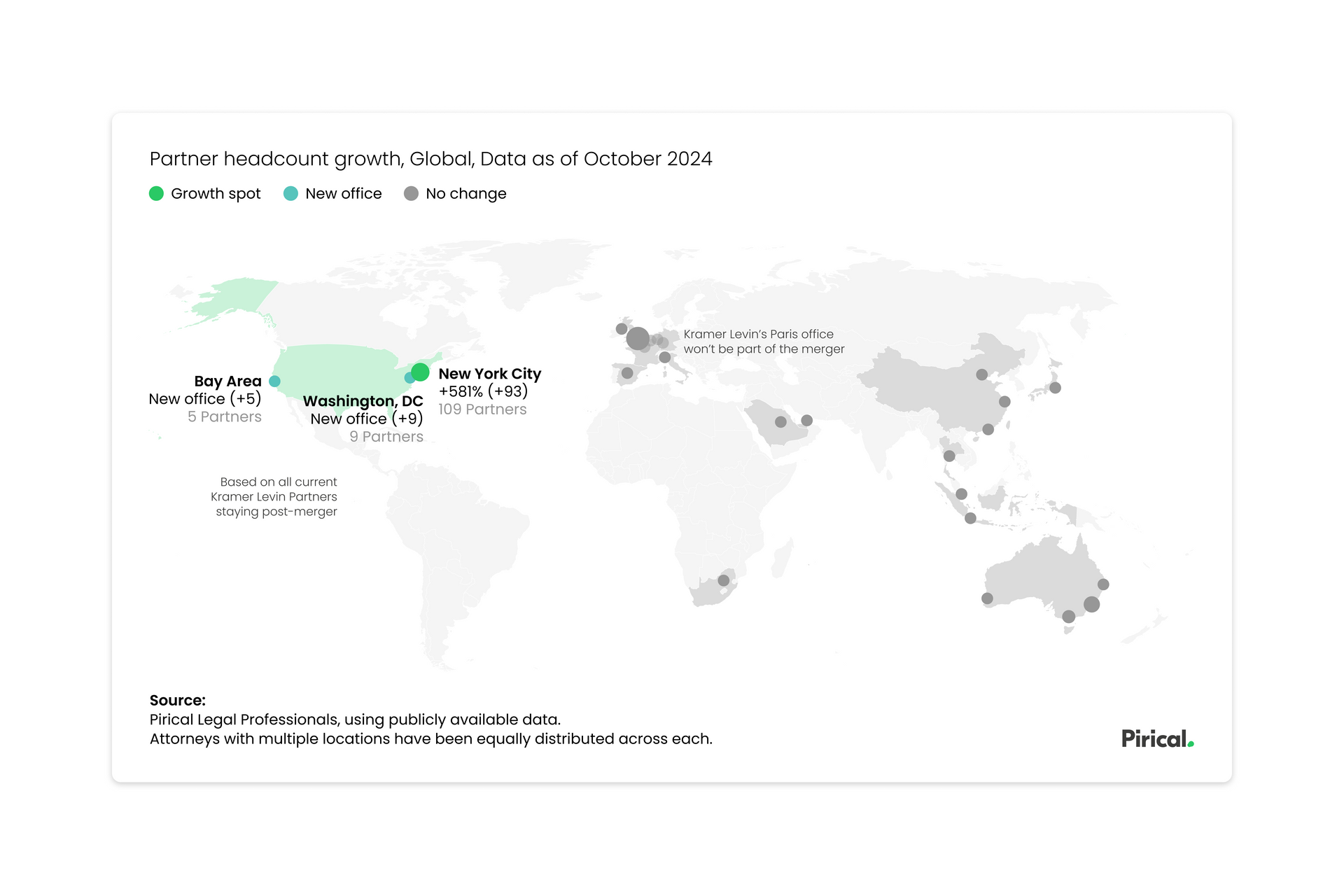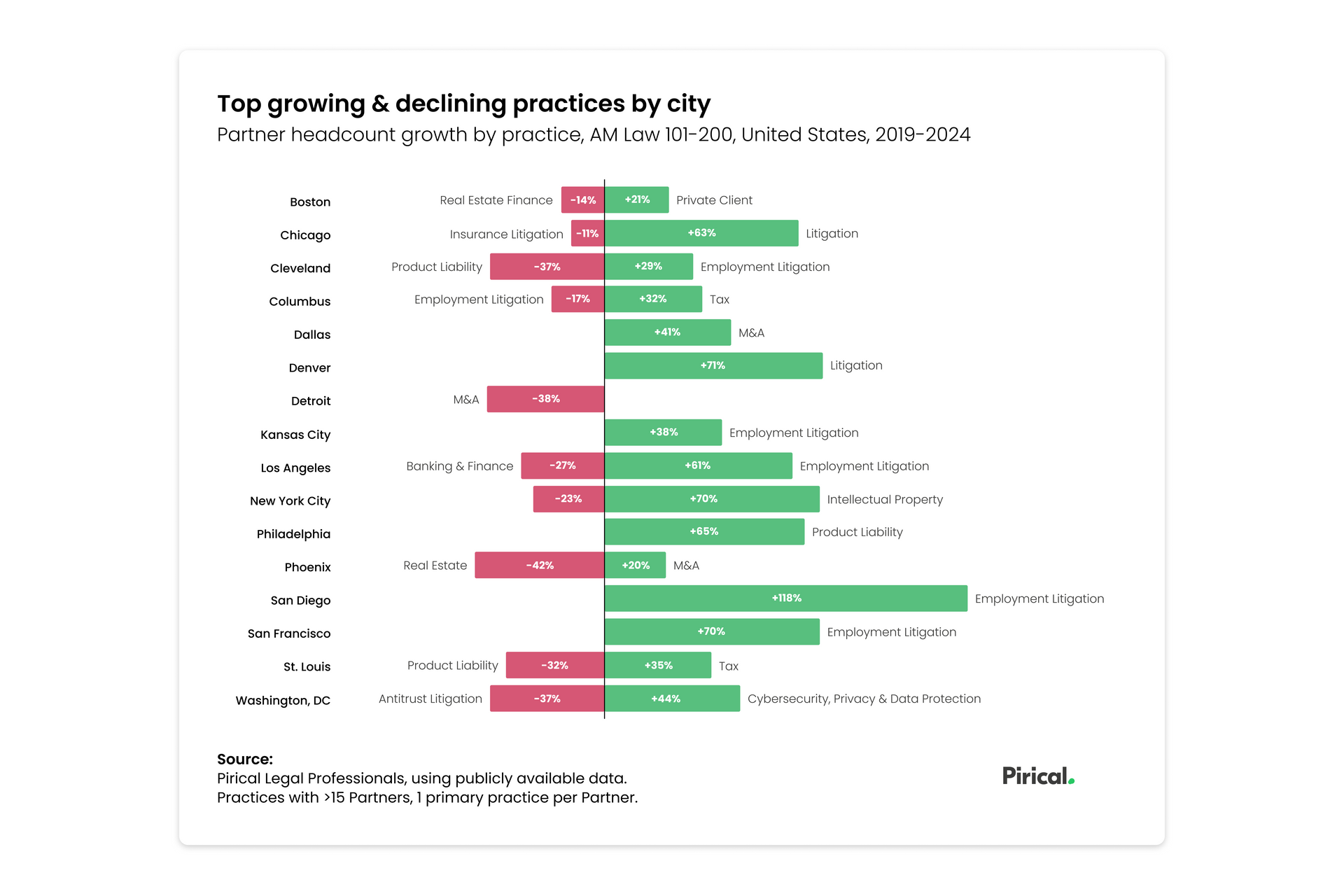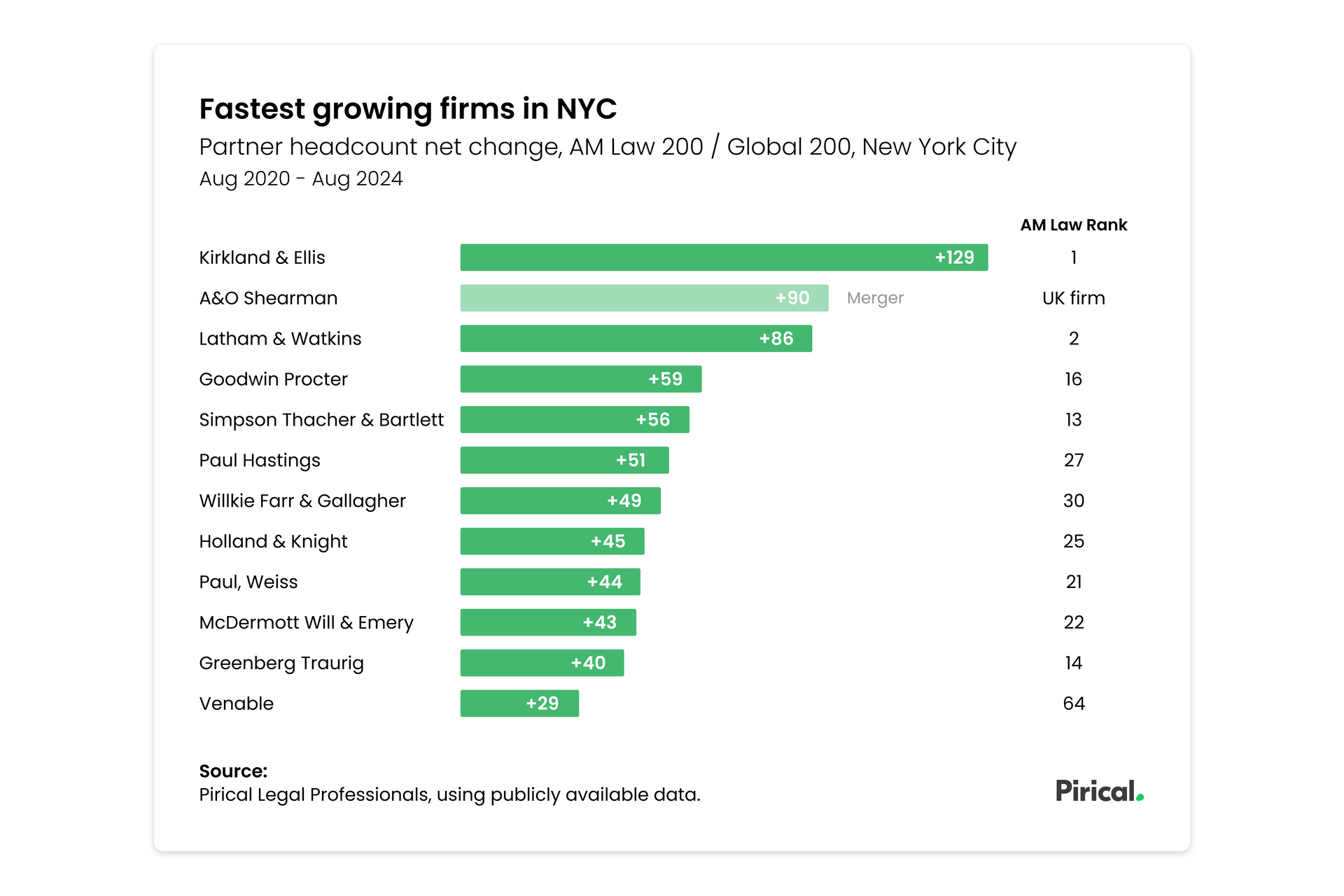What to do when data analytics is not an option
Imagine you have finished a long day of interviews and have two remaining candidates for one legal trainee position.
-
Candidate A ticks all the boxes and would be the logical candidate to pick. Good grades, well presented, recommendations from professors. But there’s something off about them. The way they talk reminds you of someone who turned out to have poor professional ethics. But there’s no way to be sure.
-
Candidate B has some shortcomings but there’s something about them that you just cannot put your finger on. It’s like this young person is destined for greatness.
What do you do? If you haven’t already done analysis, it won’t be possible to fire up some analytical tools to guide you. You’ll need to make a decision then and there.

The tension between gut and data
We at Pirical love data. In our ideal world, all decisions are made on sound rational foundations.
But we have to be realistic:
-
Sometimes there is not enough data available;
-
Or the teams in charge need to make a decision quickly and don’t have enough time to peruse all available data;
-
Or a firm is only starting to build their data analytics capabilities and need to bridge the time until they are ready.
Still, there is a good middle ground between making completely gut-based decisions and the ideal scenario of data-driven action.
The happy medium
Here are two things you can do to mitigate the negative consequences of gut-based decision-making.
1. Become aware of your biases
When famous mathematician Douglas Hofstadter works on a difficult problem, he always starts with a “hunch” and seeks to prove or disprove it.
This hypothesis-driven problem solving, as it is called in management consulting firms, is generally a useful approach, even if you don’t have data to prove or disprove them. Discussions with your team then become the substitute.
As you are working towards a solution, become aware of your biases, and be alert if you find them repeatedly skewing in the same direction.
For example, when trying to resolve conflicts between employees, notice if and when you find yourself defaulting to taking the side of a particular group (e.g. women, minorities, senior staff) instead of being purely driven by the facts of each case. This could be a sign of undue bias and, thus, likely poor decision-making.
Another example of uni-directional bias is our analysis of interviewing effectiveness. The company in question favoured job candidates who did well in a group interview (instead of assigning other interview formats the same weight). This bias towards group interviews was skewing their recruitment results because it had the potential to exclude analytically brilliant, but less charismatic or gregarious candidates.
The best way to prevent these types of bias is to always look at the underlying data first.
When no data is available, the second best approach is to discuss with others and let them challenge your biases. As Ray Dalio writes in Principles , people are wired very differently, and everyone sees the world from a different angle. Allowing others to stress-test your biases can be a good substitute for weighing the data.
Which brings us to the second point.
2. Cultivate radical openness
It’s a common scenario: Junior employees are queasy about challenging their superiors when it comes to making an important decision, even when they are strongly convinced that they are right.
If your firm doesn’t actively champion dissenting opinions, you increase the risk of poor gut-based decision making. If there is a risk of negative consequences for openly disagreeing with a more senior person, people will practice anticipatory obedience and bury their dissent.
A culture of radical openness where the leader is genuinely excited at the prospect of being convinced with good arguments is the best substitute for being proven wrong with data. Healthy debate - whatever the outcome, is always a good thing.
Conclusion
These are the ways how you can counteract lack of data:
-
Be aware of your biases
-
Cultivate a culture of radical openness
And if you do want to place your decision-making on a data-driven foundation after all, we at Pirical would love to work with you.
Contact us here for a no-obligation call to explore how we can help you unearth and activate data in your organisation.
Subscribe to the latest data insights & blog updates
Fresh, original content for Law Firms and Legal Recruiters interested in data, diversity & inclusion, legal market insights, recruitment, and legal practice management.

